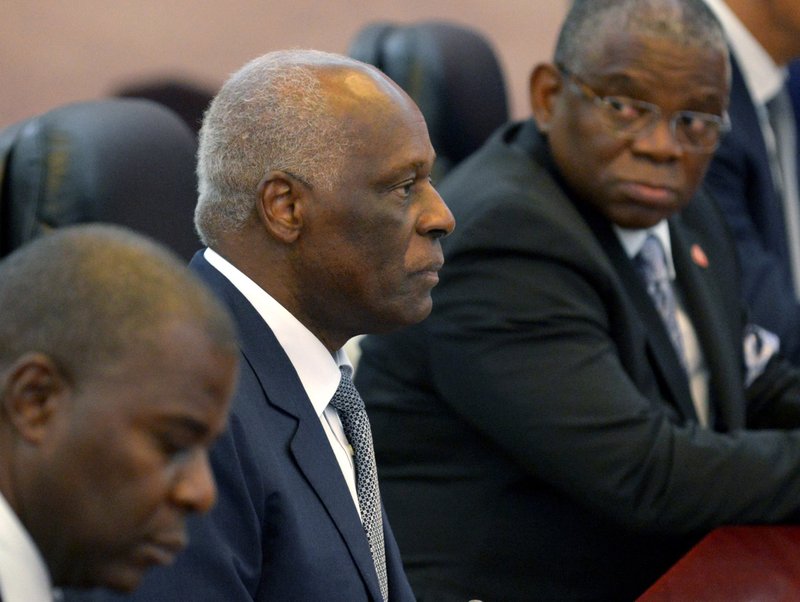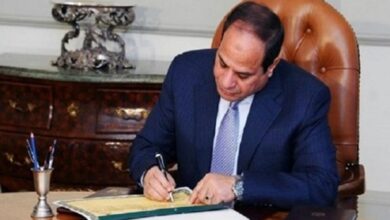
Angolans voted Wednesday in an election in which the defense minister is the front-runner to succeed President Jose Eduardo dos Santos, who will step down after 38 years in power in an oil-rich country beset by widespread poverty and corruption.
About 9.3 million Angolans are registered to vote for the 220-member National Assembly; the winning party will then select the president. Dos Santos’ chosen successor is Joao Lourenco, the defense minister and a former governor who fought in the war against Portuguese colonial rule as well as the long civil war that ended in 2002.
Dos Santos, accompanied by wife Ana Paula dos Santos, and Lourenco voted separately on Wednesday morning in Luanda, the Angolan capital, reported the state-run Agencia Angola Press. The main opposition leader, Isaias Samakuva of the UNITA party, cast his ballot at a polling station set up at a university in a Luanda suburb.
The ruling MPLA party, whose Portuguese acronym means Popular Movement for the Liberation of Angola, won the 2012 election with 72 percent of votes amid allegations of irregularities. The National Union for the Total Independence of Angola (UNITA), a former rebel force that fought the MPLA in Angola’s civil war, is the main opposition challenger.
Angola is beset by poverty, corruption and human rights concerns, though some analysts believe new leadership could open the way to more accountability.
Lourenco, 63, has pledged to fight graft and is seen as a symbol of stability and even incremental change in a country struggling with severe economic problems. Critics, however, point to entrenched patronage networks benefiting an elite that includes Isabel dos Santos, the president’s daughter and head of the state oil company Sonangol, and Jose Filomeno dos Santos, a son in charge of the country’s sovereign wealth fund.
Additionally, dos Santos, 74, is expected to remain ruling party leader, though there are concerns about his health since he received medical treatment in Spain this year.
There are opportunities for fiscal reform if Lourenco becomes Angola’s new president as expected, said a senior analyst at Exotix Capital, an investment bank that focuses on developing economies.
“While we expect broad continuity, investors will be hoping to see further measures to improve transparency and a boost for the private sector,” analyst Stuart Culverhouse said in a statement.
Angolan rights activists have alleged that the ruling party unfairly used state machinery ahead of the election, noting that most media coverage focused on the MPLA campaign. Election observers from other African countries are monitoring the vote, but the European Union is not sending a full-fledged observer mission because it says the Angolan government wanted to impose restrictions, including limited access to polling stations around the country.




